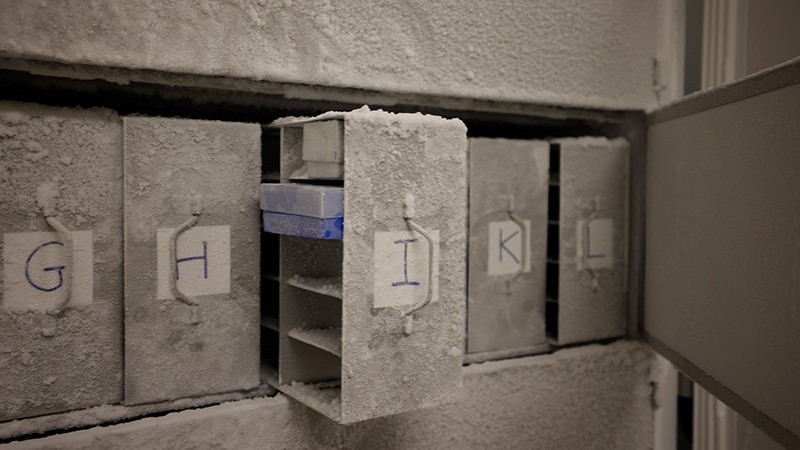Zurich, Switzerland – In a bid to safeguard the future of global health, scientists are storing human fecal samples in a “doomsday” vault in Switzerland. This initiative, known as the Microbiota Vault, aims to preserve the microbial diversity essential for combating potential medical crises.
Breaking: Microbiota Vault Seeks 10,000 Samples
The University of Zurich currently houses over 1,000 fecal samples in deep freeze, with plans to expand this collection to 10,000 samples by 2029. The researchers believe these microbes could be crucial for future generations as they face health challenges.
“Microbe loss is associated with an alarming rise in chronic diseases, such as allergic, autoimmune, and metabolic disorders,” the researchers wrote in the journal Nature Communications.
Immediate Impact
Stored alongside nearly 200 types of fermented foods, these samples are intended to serve as a microbial backup. The researchers aim to include environmental microbes, ensuring a comprehensive collection that supports future research and ecosystem restoration.
Key Details Emerge
The project was inspired by the Svalbard Global Seed Vault in Norway, which preserves plant genetic diversity. Since its inception in 2018, the Microbiota Vault has received samples from countries including Benin, Brazil, Ethiopia, Ghana, Laos, Thailand, and Switzerland.
Samples are stored at minus 112 degrees Fahrenheit (minus 80 degrees Celsius) to maintain their viability.
Industry Response
Dr. Martin Blaser, co-author of the commentary and director of the Center for Advanced Biotechnology and Medicine at Rutgers University, emphasized the urgency of this initiative. “Human activities are depleting our microbiome, and there’s lots of evidence of that,” he stated.
Blaser noted that while current technology does not allow for the reintroduction of frozen microbes, he is optimistic about future advancements. “We believe that one day the science will improve sufficiently so that we will have really good restorative techniques,” he added.
By the Numbers
- 1,204 fecal samples collected
- 190 food samples stored
- 10,000 samples targeted by 2029
What Comes Next
The Microbiota Vault is transitioning from its “launch” phase to a “growth” phase, focusing on acquiring thousands of additional samples. Researchers are also seeking a permanent location for the vault, preferably in a country with a cold climate, such as Switzerland or Canada.
“Maybe 100 years from now, having saved these microbes could prevent a major disaster,” Blaser said.
Background Context
The announcement comes as scientists warn of the declining microbial diversity due to human activities. Conventional agriculture, climate change, and antibiotic overuse are among the factors eroding microbiomes.
Expert Analysis
Experts agree that preserving microbial diversity is critical. The loss of microbes extends to environmental ecosystems, threatening agricultural systems and environmental resilience. The Microbiota Vault represents a proactive step in addressing these challenges.
Regional Implications
While the vault is based in Switzerland, its impact is global. The preservation of microbial diversity could play a pivotal role in future health and environmental strategies worldwide.
The timing is particularly significant as the world grapples with the consequences of microbial loss and its impact on chronic diseases and ecosystem stability.
As the project progresses, the scientific community remains hopeful that the Microbiota Vault will serve as a vital resource for future generations.
